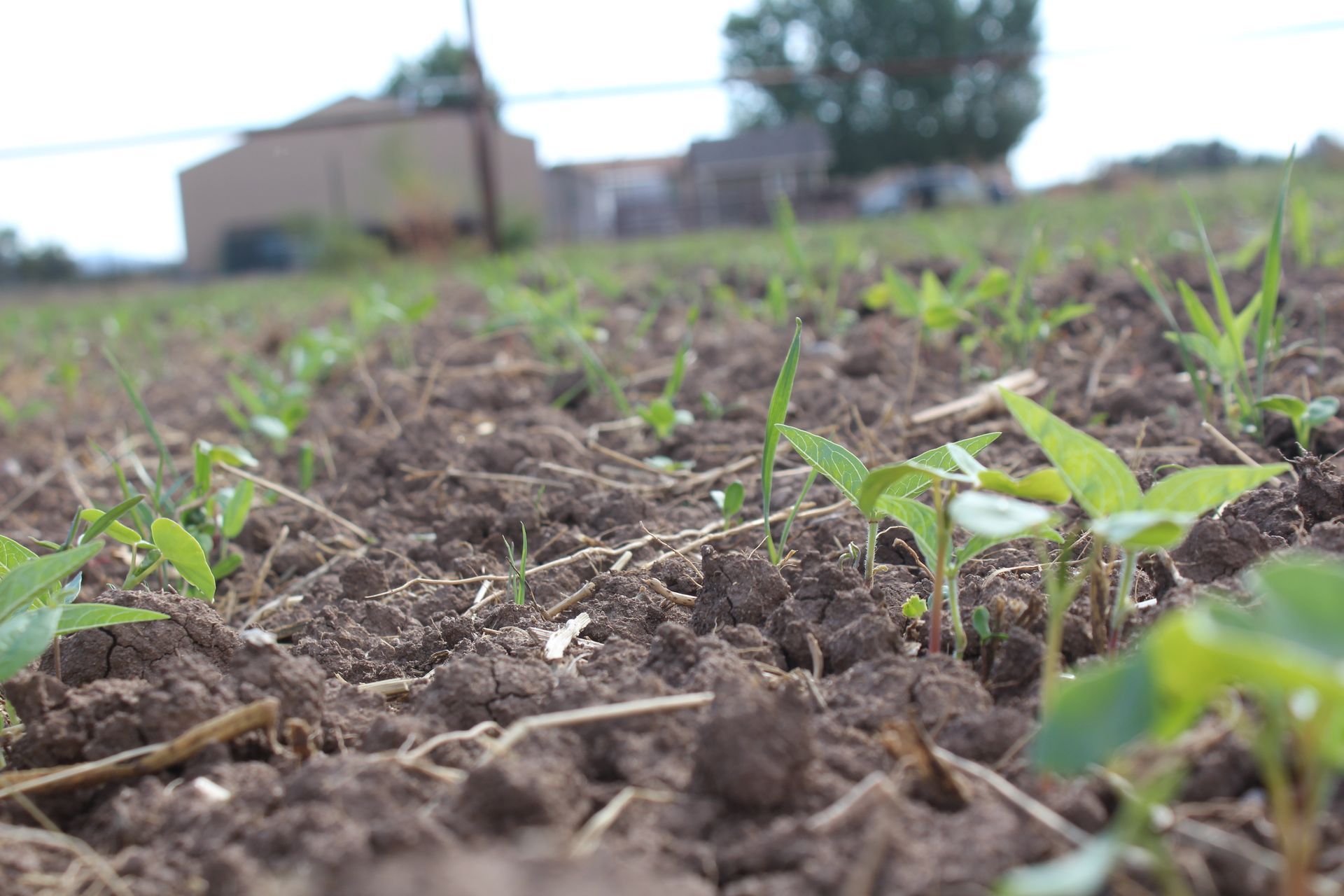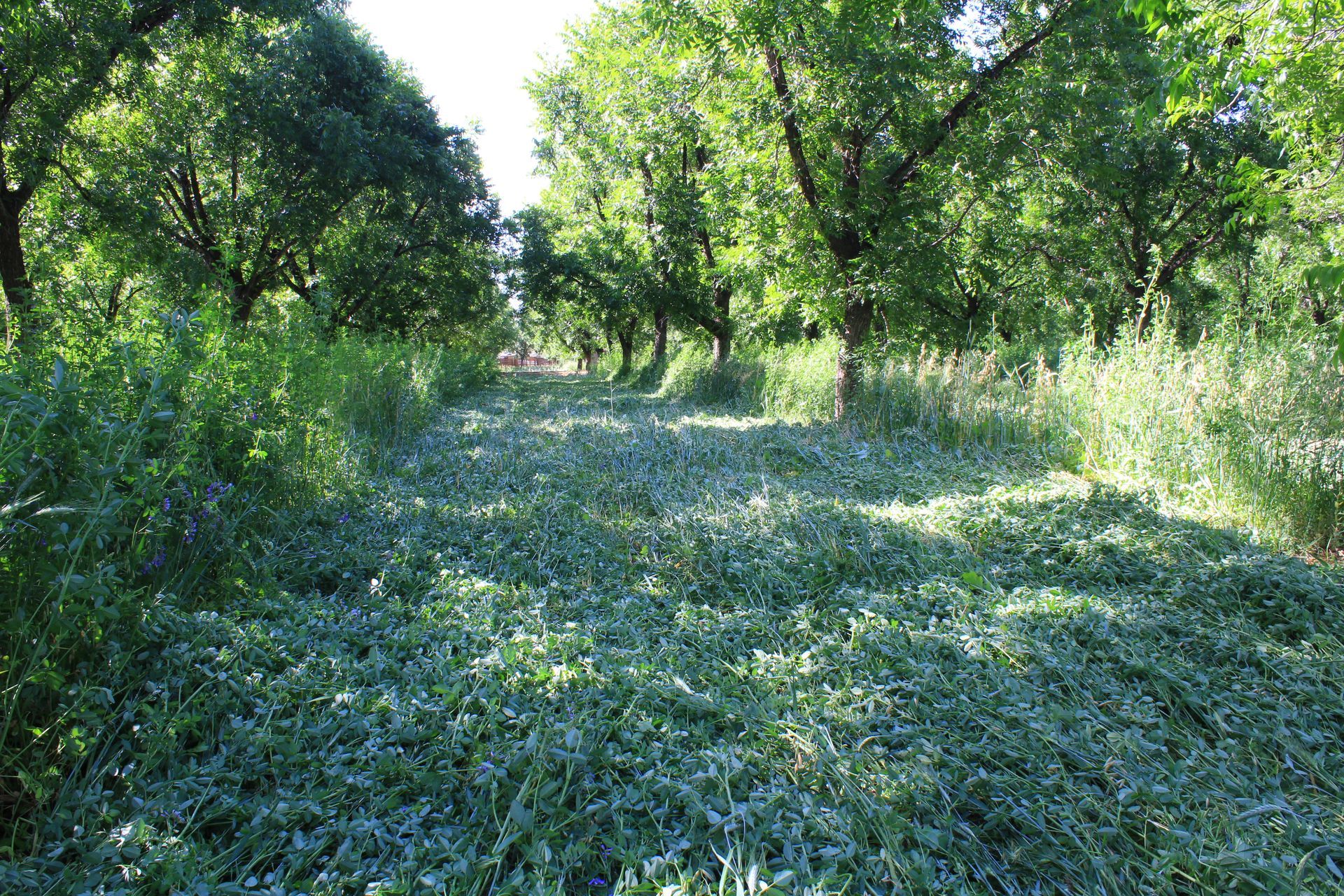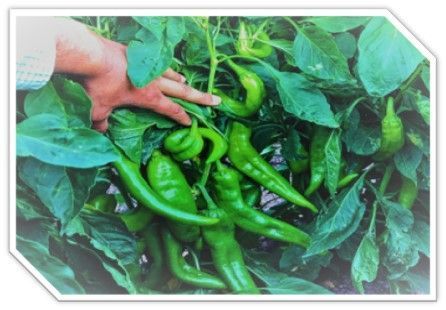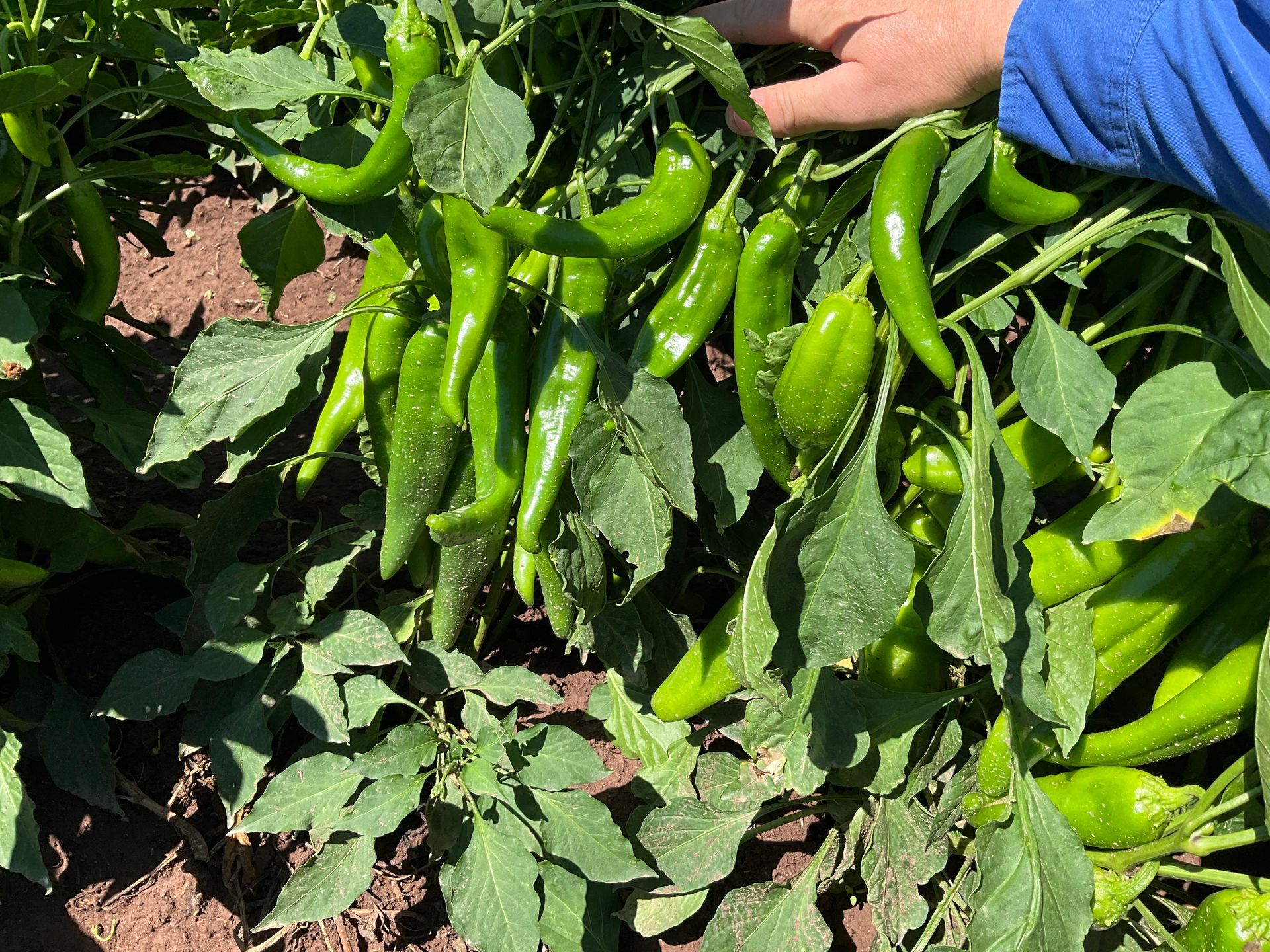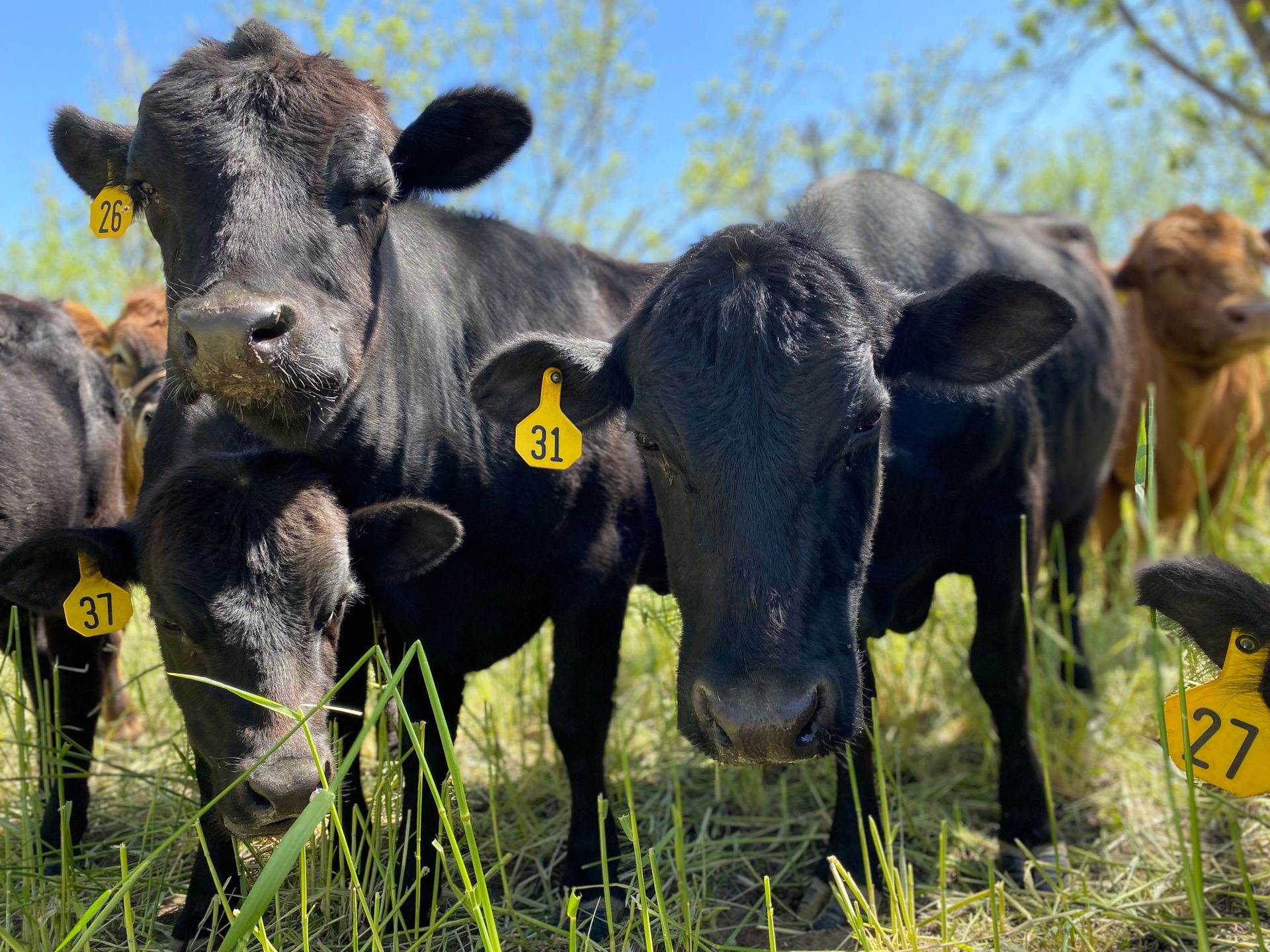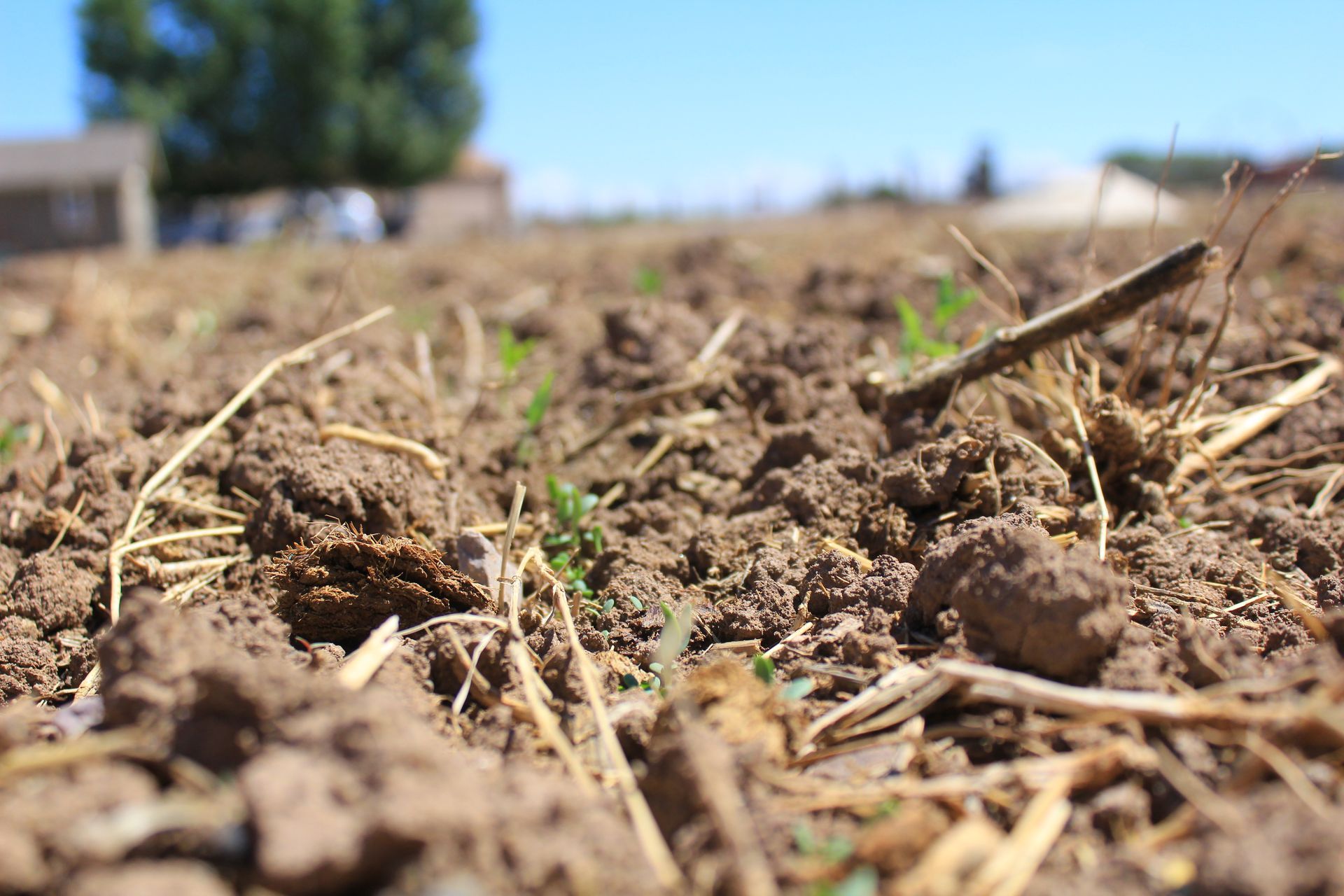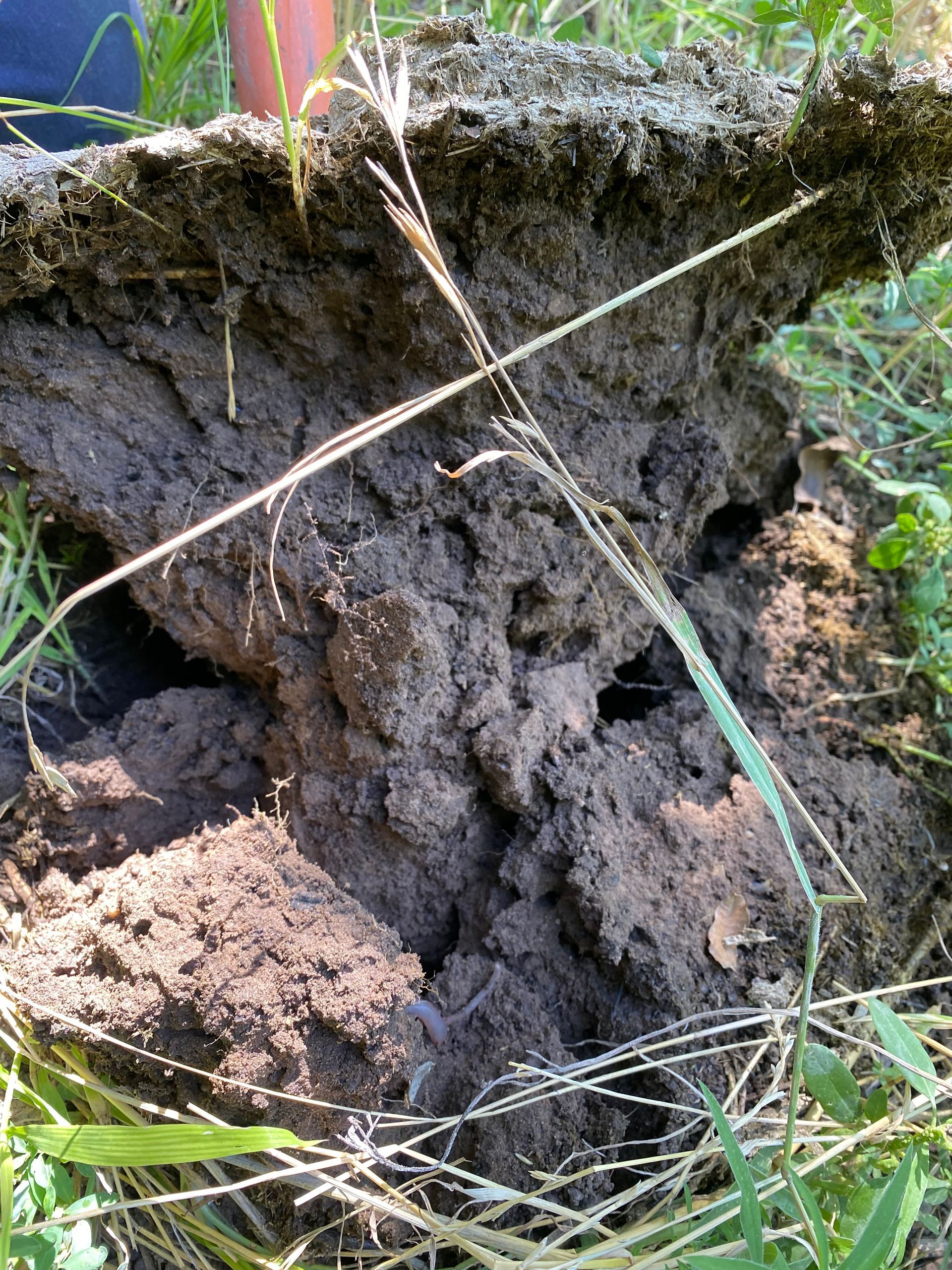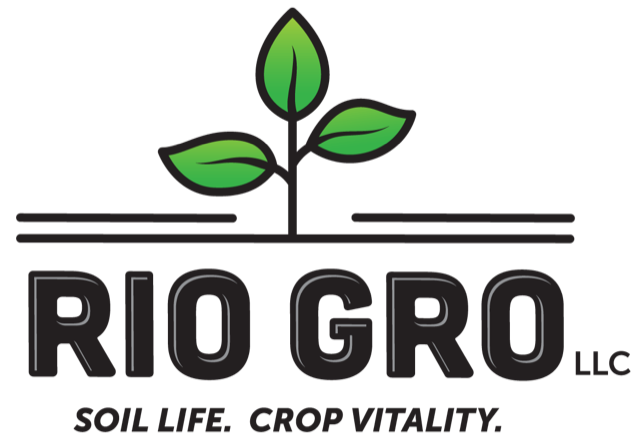How does soil biology actually work?
Great Question!
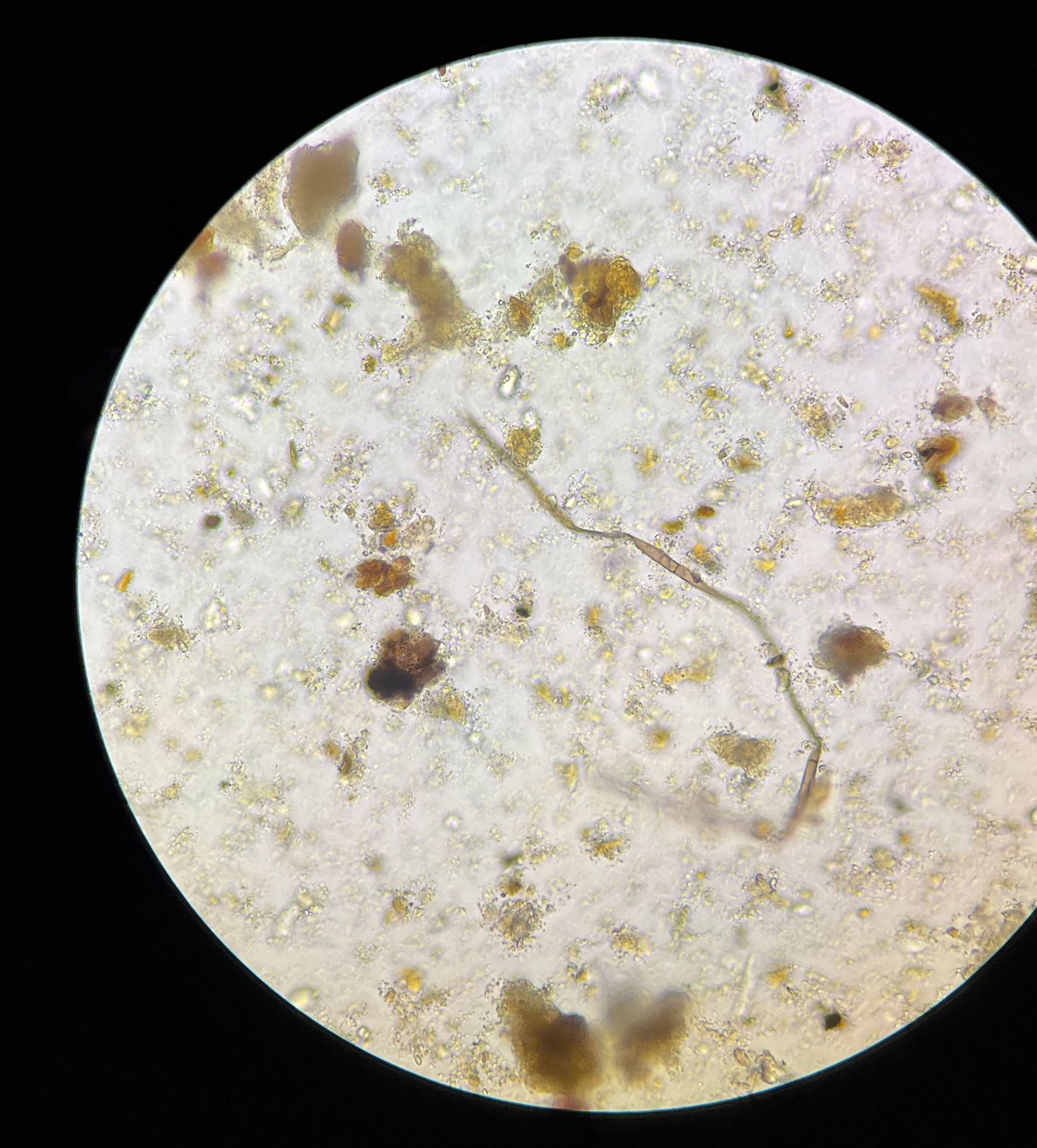
The broad-brush term 'biology' leaves us wondering exactly what it is and what it does.
Biology in our soils does a lot of things, but one of the primary roles of beneficial soil biology is to recycle nutrients. There is a plethora of bacteria, fungi, beneficial nematodes and earthworms that are busy in a healthy soil. And what are they busy doing? Eating! The smallest organisms make enzymes to get minerals they need for survival, they are eaten by larger organisms, and the excess is expelled. All the excrement from those organisms are nutrients in plant-available form. For this process to take place, there has to be a jungle of organisms: all predators or prey, just like we see in the above-ground food chain.
Bacteria and fungi are the basis of this "food web", as they secrete the enzymes that break nutrients free from the soil. But, if only the bacteria and fungi are present, no one is home to eat them, and so the nutrient cycling process is not very efficient. A diverse system of Fungi, Protozoa, and higher level feeders like Arthropods are needed in order to cycle the nutrients and provide them in plant available form.
Plants and Soil Microorganisms have a very close relationship. As a plant begins to grow, it produces sugars from photosynthesis. The plant uses a large portion of these sugars to form liquid which it "exudes" through its roots into the soil environment. These sugars are food for soil microorganisms, and the biology begin feeding on these 'root exudates' around the root system. As the organisms are fed, they in turn can obtain nutrients from the soil with the enzymes they produce, and the plant is fed in return. Thus a symbiotic system for plant growth and even more nutrient cycling is started and maintained. This is one of the reasons that keeping living roots growing in our soils as much as possible is so important: they feed the biology that feeds the plants.
When a soil has highly diverse and large populations of biology, we see a huge improvement in uptake of any inputs that are applied.
Soil-borne pathogens are also suppressed as a result of competition and health of the good guys.
There are many, many other huge benefits of biology-rich soils (like soil aggregation) that we can't get into in this article.
Start soil health practices on your farm to see for yourself the amazing benefits of biology!
Takeaways:
· Keeping living roots (diversity) in your soil feeds biology, and this biology then provides nutrients back to growing plants! (does that blow your mind?).
· Soils with rich biology are much more resistant to soil-borne disease.
· Biology greatly increases uptake of nutrients you apply.
